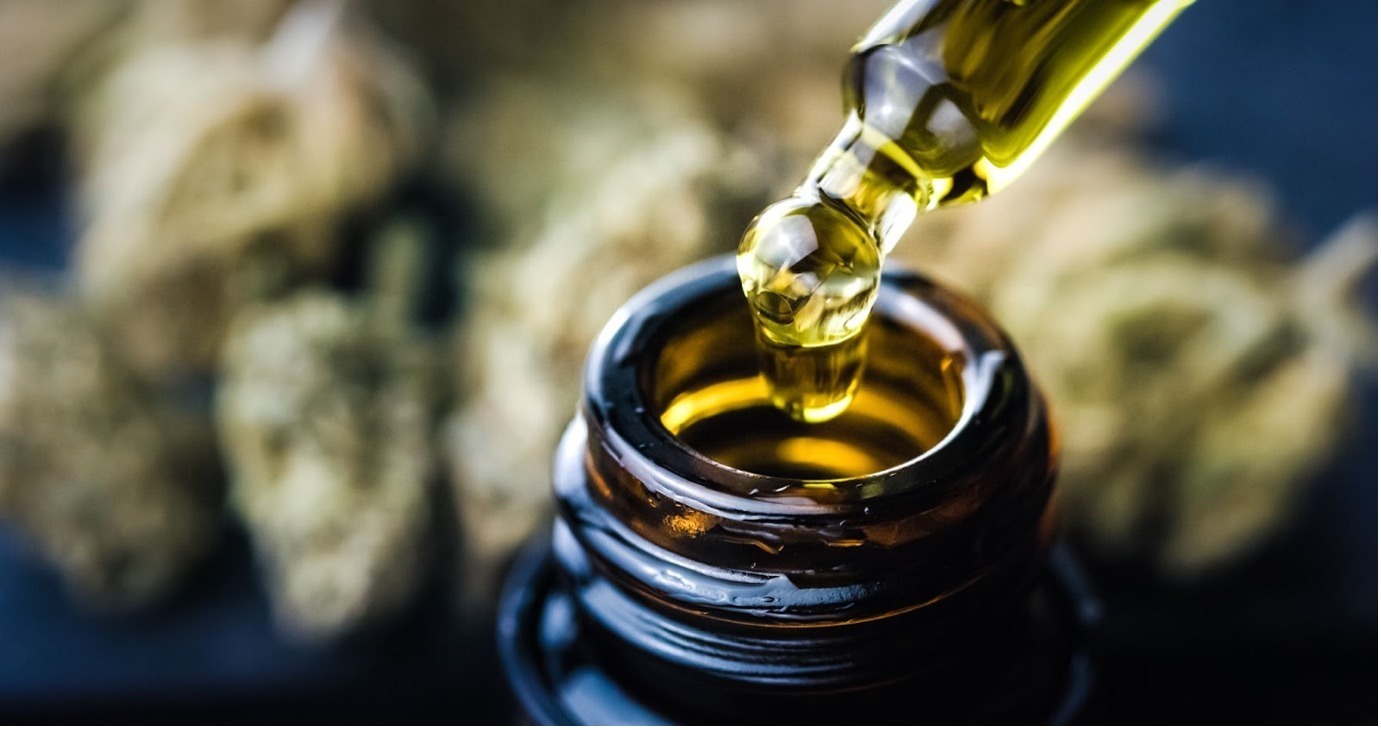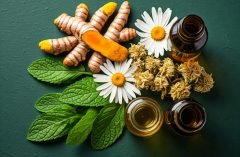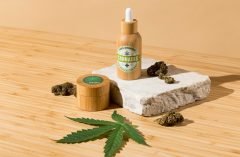Table of Contents [show]
 [ez-toc]You may have noticed how CBD products have been all the rage the last couple of years. However, not all CBD products are created equal. Quality and potency matters more than you might think. There is the real deal and then there are the over-advertised labels. It is important to know the difference and also know how to find potent products, as it is one of the things that distinguish good quality from lesser quality of products.
[ez-toc]You may have noticed how CBD products have been all the rage the last couple of years. However, not all CBD products are created equal. Quality and potency matters more than you might think. There is the real deal and then there are the over-advertised labels. It is important to know the difference and also know how to find potent products, as it is one of the things that distinguish good quality from lesser quality of products.
Quality and potency are separate facets of the equation when choosing a good CBD provider however are also interlinked as you will see if you read on.
How to Exactly Define CBD?
CBD usually comes in the form of hemp oil and it is derived from the hemp plant.
Meanwhile, hemp is defined as a cannabis plant that contains 0.3 percent or less THC, according to Healthline. Any cannabis plant that contains more than 0.3 percent THC, on the other hand, is a cannabis plant called marijuana.
CBD is one of many cannabinoids present in the cannabis species of plants. CBD is also non-impairing, thus it lacks the psychoactive effects that people may associate with other cannabinoids, such as THC.
Both THC and CBD belong to cannabinoid chemical substances or substances that are part of the cannabis plant.
For something to be labeled, or called, a CBD oil, it has to include two essential items. They are cannabidiol and a carrier oil.
Why Quality and Potency Matters When it comes to CBD?
The reason quality matters within the CBD industry is because CBD is ingested or consumed by people and even pets. This occurs in a variety of ways. You can inhale CBD by using a vapekit, consume it with the use of edibles, or even drop droplets of it straight into your mouth with the use of a dropper.
What you consume is often directly related to your overall health and well being. Thus, quality and the way it is processed matter. One can compare this to fruits and vegetables. Some are processed better or in a more natural and healthier way than others. Same with CBD.
If the hemp plants that CBD is revided from are grown in nutrient deficient/depleted soils and sprayed with pesticides, then many of the potential nutrients and health benefits that CBD can offer may not be there.
Other things that can affect the overall quality of the CBD is the soil used to grow the hemp, the way the hemp is processed, and the ingredients used for it.
Some of the things to look for when choosing a CBD product that shows it is a quality product include whether it was verified as a pure premium grade, company transparency from who sells it, and the ingredients used to create it – such as organic olive oil and beeswax being used and not subpar additives.
Why Potency Matters?
Potency relates to overall strength a CBD product has and distinguishes it from a competitor’s product. The strength or potency determines things like cost of a product to its therapeutic effectiveness. It also can affect its price.
The way it works is that the strength of the CBD oil is dependent on the amount of cannabidiol it contains. Other elements also play a role as well however. It all comes together and this is what distinguishes it.
In terms of how to measure the potency, packages often tell the percentage of CBD within the oil, or the overall amount. However, it can get confusing because it can say a certain percentage of it is pure or whether it contains isolate vs distillate.
Look for Bioavailability and Quality and Potency Matters
Because of the fact that CBD is fat soluble (as well as alcohol soluble) and not water-soluble, a product with good bioavailability will use a delivery technology that protects it from destruction. This will make it easier for the body to absorb.
To tell if a product has good bioavailability, look at the packaging because manufacturers tend to stress it. Some producers will highlight it by having text such as “TotalBio” or “full bioavailability support.”
This trait will allow you to be able to absorb the CBD more efficiently. Thus, it also plays a part in quality and strength because absorption impacts overall potency when it comes to intake.
Types Of CRB Products
CBD products offer consumers versatile options for integrating cannabidiol into their wellness routines. Tinctures, administered under the tongue, provide fast absorption and easy dosage adjustment.
CBD-infused salves and topicals target external use, catering to those seeking relief for joint or muscle discomfort with added natural ingredients. Capsules, a discreet option, offer pre-measured CBD doses for controlled consumption. CBD oils, taken sublingually or added to food, come in various concentrations, appealing to users with diverse preferences.
CBD gummies and chocolates offer a tasty and inconspicuous way to consume CBD, though they take longer to take effect. Vape products, including pens and e-liquids, provide a rapid onset of effects through inhalation, catering to those familiar with vaping.
When assessing the label of a CBD product, it’s crucial to focus on critical elements ensuring quality, safety, and legality. Firstly, check the CBD and THC content, verifying that the THC level is below 0.3%, adhering to legal limits.
Look for third-party lab testing information via QR codes or website links to ensure the product meets quality and safety standards, confirming CBD and THC levels and identifying potential contaminants. Check for suggested use, dosage recommendations, and an expiration date on the label for proper and effective utilization. Consulting a healthcare professional is advisable. Check out reputable CBD manufacturers such as Hemponix for more details.
What Else to Consider When Choosing a CBD Product
CBD oils have a wide range of variables and differences to consider as you see. And with that said, this also means CBD oils can vary in colour, consistency and even flavour. Keep in mind that there is also a product called hemp seed oil, which is not exactly the same as CBD oil
Hemp seed oil is extracted from seeds of hemp plants; meanwhile CBD oil comes from stalks, flowers and leaves of both cannabis and hemp plants. Both are often used in similar products, but should be taken separately as they are in fact not the same sort of oil.One thing to consider when analysing CBD oils and their purity is the CBD isolate. This is the strongest and purest form of CBD available and thus the cream of the crop of CBD oils.
Using solvents or supercritical gases, manufacturers extract cannabidiol from various parts of a hemp plant. This in turn produces a crystalized form of CBD, which tends to be 99% pure.
CBD isolate isn’t an oil, per se. Instead, manufacturers suspend it in a carrier oil until it reaches the desired concentration.
Quality and Potency Matters – A Conclusion
As you see, there are many nuances to CBD oils and products. They differ and it is worth looking into the label to see what you are exactly getting. Both quality and potency matters are things to look for and compare when choosing a product.
It is also worth noting that it is not always easy to tell which product, or which brand, makes better CBD oil without some research and analysis. Look at the label and compare not just one aspect like potency or the amount of cannabidiol it contains, but also quality including ingredients used.
Further Reading:
CBD Products – 9 Key Considerations When Shopping For Them
Everything You Need to Know About CBD Gummies
How Effective is CBD and What is Mostly Used for?
5 Things You Should Know About Using Prescription-Free CBD Products




